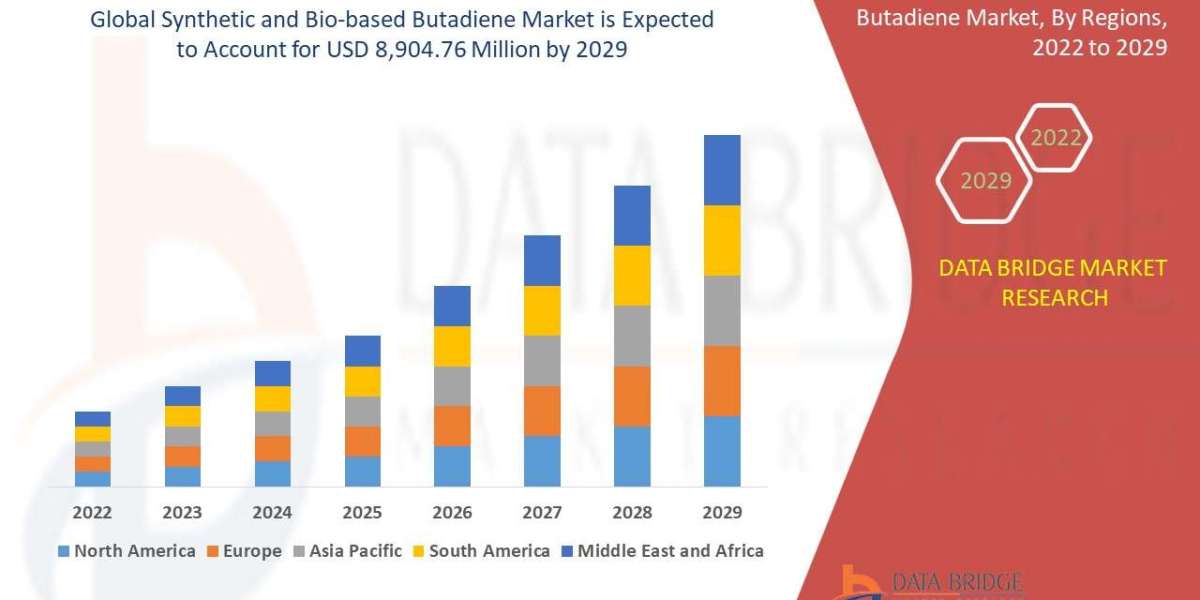Economic forecasting plays a crucial role in helping chemical industry companies make informed decisions and plan for the future. By analyzing economic trends, market conditions, and industry forecasts, companies can anticipate changes, identify opportunities, and mitigate risks. This introduction provides an overview of the significance and key aspects of economic forecasting for chemical industry companies in planning for the future.
The chemical industry operates in a dynamic and interconnected global economy, making accurate economic forecasting essential for strategic planning. Economic forecasts provide insights into factors that can impact the industry, such as GDP growth, inflation rates, interest rates, and government policies. By understanding these economic indicators, chemical companies can assess the potential demand for their products, identify emerging markets, and adjust production levels accordingly.
One of the primary benefits of economic forecasting is the ability to anticipate market trends and industry dynamics. By analyzing economic data and market research, chemical companies can identify patterns, anticipate shifts in demand, and respond proactively to changing market conditions. This enables companies to align their production, distribution, and sales strategies with forecasted market trends, maximizing opportunities and minimizing the impact of market fluctuations.
Economic forecasting also helps chemical companies in making investment decisions. By evaluating economic forecasts, companies can assess the feasibility and profitability of capital investments, expansions, and acquisitions. Economic indicators, such as interest rates and exchange rates, impact the cost of financing and the viability of international investments. By considering these factors in their decision-making process, chemical companies can make informed investment choices that align with forecasted economic conditions.
Risk management is another crucial aspect of economic forecasting for chemical industry companies. Economic forecasts help companies identify potential risks and vulnerabilities, enabling them to develop contingency plans and mitigate potential negative impacts. For example, if a forecast predicts a slowdown in the construction sector, a chemical company heavily reliant on construction-related products can proactively diversify its customer base or adjust production capacities to minimize the impact of the downturn.
Furthermore, economic forecasting provides valuable insights for pricing strategies and cost management. By monitoring economic indicators, such as inflation rates and input costs, companies can anticipate changes in production costs and adjust their pricing structures accordingly. Economic forecasts can inform decisions on pricing strategies, such as cost-plus pricing or market-based pricing, ensuring that companies remain competitive and profitable in varying economic conditions.
Collaboration with economic research institutions and industry associations is often a vital aspect of economic forecasting for chemical companies. These partnerships provide access to specialized economic expertise and industry-specific data, enhancing the accuracy and reliability of forecasts. Chemical companies can participate in economic surveys, contribute to industry forecasts, and engage in dialogues with economists and experts, gaining valuable insights and strengthening their understanding of economic trends.
In conclusion, economic forecasting plays a crucial role in the strategic planning and decision-making processes of chemical industry companies. By analyzing economic indicators, market trends, and industry forecasts, companies can anticipate changes, identify opportunities, and mitigate risks. Economic forecasting enables companies to align their strategies with forecasted market conditions, make informed investment decisions, manage risks, optimize pricing strategies, and maintain competitiveness in a rapidly evolving economic landscape.







